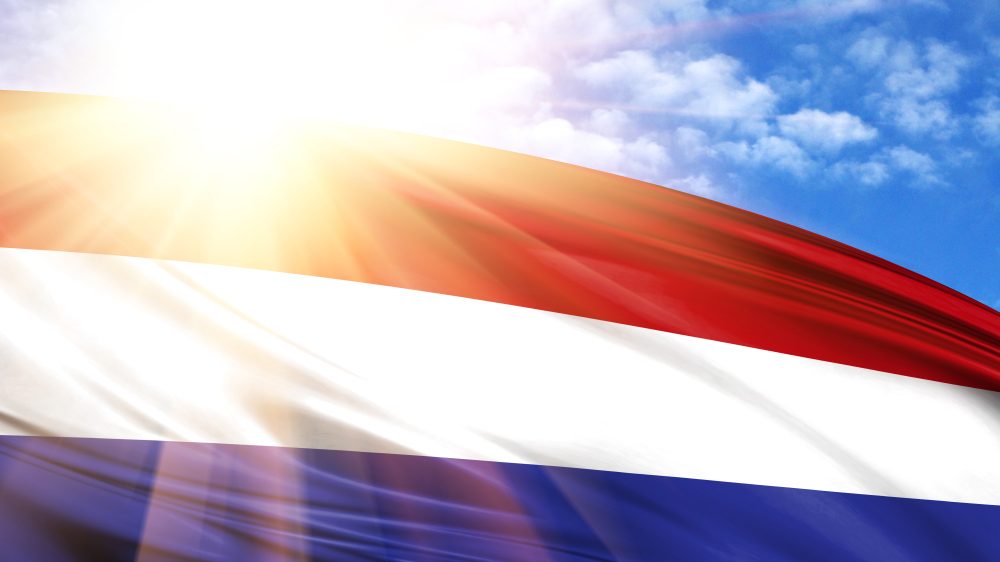Speaking on the second day at the Betting on Sports Europe – Digital, Justin Franssen, partner at Kalff Katz & Franssen and Dr Alan Littler, a gaming lawyer at the same firm, highlighted key areas of importance for the upcoming implementation of the Remote Gambling Act in the Netherlands, scheduled for next year.
Talking on the panel, entitled Netherlands – Next Steps, both Franssen and Dr Littler guided spectators through a PowerPoint presentation stressing key dates and information for operators who are applying for a licence in the market.
With the licensing of remote gambling due to commence in the Netherlands in March 2021, prospective applicants are eager to jumpstart their preparations and begin their applications as soon as possible, however several key matters must still be addressed.
Showing the panel the NGA Communication Calendar, Franssen explained that during September of this year, companies needed to fill out preliminary requirements application documentation.
Furthermore, next month publication testing/certification requirements will need to be submitted along with the draft for the Remote Gambling Policy Rule and application form.
On March 1, 2021, the Remote Gambling Act and the opening of the licensing process will come into force. From September 1, 2021, the first locally licensed operations are expected to go live and February 28, 2022 will be the end of the application period for those reliant on the cooling-off period.
Following on from Franssen, Dr Alan Littler, gaming lawyer at Kalff Katz & Franssen, went into more detail regarding the cooling-off period. During his PowerPoint presentation Littler highlighted that operators must not target Netherlands for 32 months prior to the application.
He also warned that failure to ‘cool off’ for the aforementioned timeframe would lead to a rejection of the application, which must be submitted within 12 months of the process opening.
“The cooling off criteria applies to operators who are present on the market,” noted Dr Littler. “These criteria require that operators do not target the Dutch market for 32 months prior to their license application being submitted.
“This is a very important point to stress, because should an operator not have cooled off for 32 months before they apply for the licensing application this will be grounds for the Gambling Authority to reject the licence.
“During the first year of the new regime in place operators who have had, in recent times, a presence on the Dutch market can still be eligible for a licence if they are able to demonstrate compliance with the cool-off criteria.
“As from the first of March when the new Act comes into force, what is currently just a prohibition a ban on the promotion of unlawful games of chance that only includes advertising at the moment, will be expanded to include other intermediary services.”
Littler then went on to explain the key regulatory features stating that operators must be established in the EU/EEA, along with electronic means. A possible exemption if the operator is established in third jurisdiction, subject to satisfying conditions.
Moreover, licences will be available for up to five years and the gambling taxation rate will fall to 29 per cent GGR with an additional levy of 1.75 per cent.
The licence will include different categories of various games on betting that can be permitted, such as casino games where players can play against the licence holder and play against other players, sports betting and horserace betting.
Live casino gaming will also be permitted along with betting on virtual sports, fantasy sports and esports betting.
Moving forward, Littler came to highlight that each operator will need to employ an addiction prevention representative. This should be someone who has expertise in gambling addiction and addiction prevention, as well as knowledge of the Dutch healthcare system and key stakeholders within the national field.
The role, which is within the organisation, must be authorised to take decisions, and conclude agreements on behalf of the licence holder, be a point of contact for external stakeholders, including the NGA, and input must feed through into addiction prevention policies.
_____________________
Betting on Sports Europe – Digital is the foremost conference for senior executives from European sports betting operators, providing a forum for high-level discussions that will help to shape the future of the industry.
The fully virtual event will bring together major players from markets across the continent on a single platform, where they will share best practice for tackling the industry’s major challenges and ideas about emerging opportunities.
To register for your free ticket, click here













